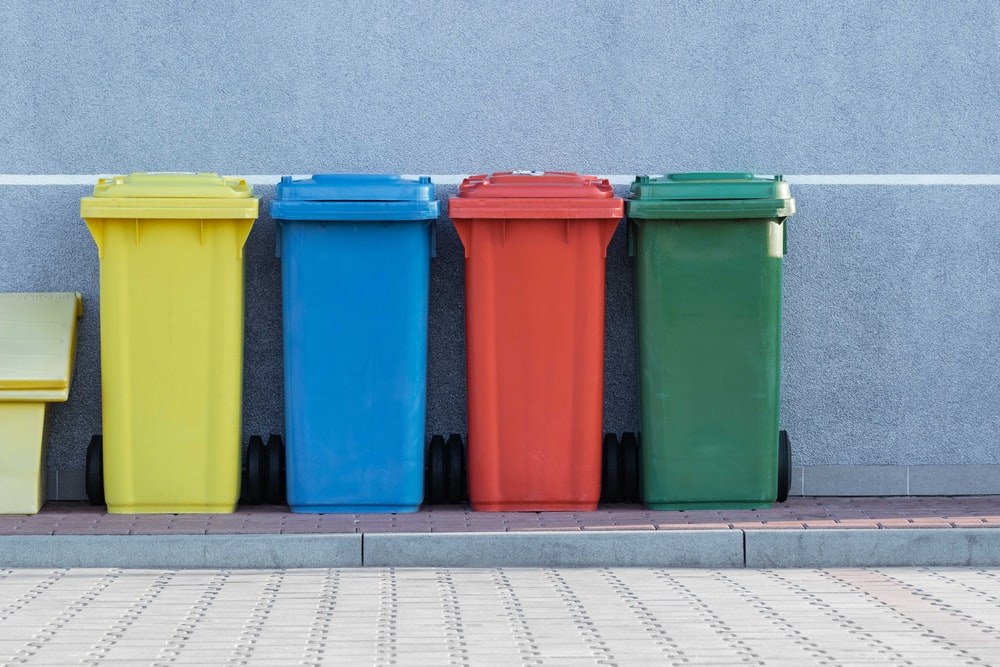You might think that product recall management and sanitation couldn’t be more different, but this isn’t the case at all. A recall notice affects all departments within an organization, including sanitation teams. And sanitation departments might have to change their garbage and waste disposal strategies in response to a recall notice. Otherwise, the entire organization could face hefty fines from the government.
In the last edition of our blog series about the roles of different departments in product recall situations, we look at the sanitation team.
What Does the Sanitation Team Do?
Sanitation teams collect, store, and manage garbage and waste in an organization, including warehouses and production plants. Without proper sanitation and waste disposal strategies, organizations could break the law. Sanitation departments provide organizations with various services throughout the year. However, they need to act quickly in response to a recall notice from the government.
During a recall situation, the sanitation department helps the rest of the organization improve its recall response time, which is essential. Poor sanitation during a product recall situation could lead to further investigations from the relevant authorities, and the government could shut down organizations that don’t comply with health and safety protocols.
For sanitation departments to help improve product recall responses, they require access to the latest recall information, including access to safety alerts and recall notices from the FDA and other government agencies. Without this information, sanitation departments cannot fulfill their responsibilities.
Sanitation departments also need to communicate with managers, operations, and production staff about health and safety during a product recall. Ineffective communication could impact the entire organization.
Recommended reading: “When a Defective Product Causes Trouble, Who Is To Blame?”
What Happens If Organizations Don’t Comply With a Product Recall Request?
If an organization doesn’t comply with a recall request, the following could happen:
- Fines from the government that could exceed hundreds of thousands of dollars
- Criminal proceedings that end up in court
- Lawsuits from members of the public because an organization didn’t comply with product recall guidelines
- Negative publicity from the media, which could cause a loss of sales and customers
It’s up to all departments in an organization, including the sanitation department, to adhere to the regulations and take swift action during a product recall situation.
Recommended reading: “7 Key Reasons to Digitize Your Recall Management Process”
How Do Digital Tools Make It Easier for Sanitation Teams?
Sanitation teams, like all other departments, need access to the latest recall information. Currently, sanitation departments might be among the last departments to know about a product recall, which leads to poor response times.
For all departments to receive product recall information, organizations should invest in software like a product recall management system that automates various recall tasks in one system. There’s no need for lots of different programs. A recall management solution helps organizations share information with sanitation departments quickly.
Not all digital tools are the same. Sanitation departments need a system that shows relevant information about product recalls and facilitates effective communication between teams. “Heavy” software that requires lots of training doesn’t provide much value.
The need for digital tools has never been stronger. During the current coronavirus crisis, organizations need to manage sanitation during a product recall. Further investigations from authorities because of bad sanitation processes could slow down essential supply chains in the pharma and medical devices sector, for example.
Recommended reading: “Future Recall Cost of COVID-19 On Pharma Manufacturers”
What You Need to Know About Trievr
Trievr is a recall management tool that makes it easy for sanitation departments (and other departments) to manage product recalls in one central place. Features like real-time reports and collaborative tools simplify communications between the sanitation department and other teams, encouraging better relationships and swifter action.
Unlike some other tools, there are no hidden monthly/annual fees with Trievr. Instead, sanitation teams pay for features with on-demand pricing. There’s enhanced security so sanitation teams can protect valuable information from cybercriminals.
Want to improve product recall response times in your organization? Find out about a recall management system for your sanitation team here. Or try a free 15-day trial.
Final Word
Sanitation teams need access to recall information too. Otherwise, they won’t be able to help manage product recalls in your organization effectively. Avoid fines and lawsuits with a recall management system like Trievr.
Investing in a recall management solution for your sanitation department could be the best thing you do this year. Discover more about Trievr or sign up for a 15-day free trial.
